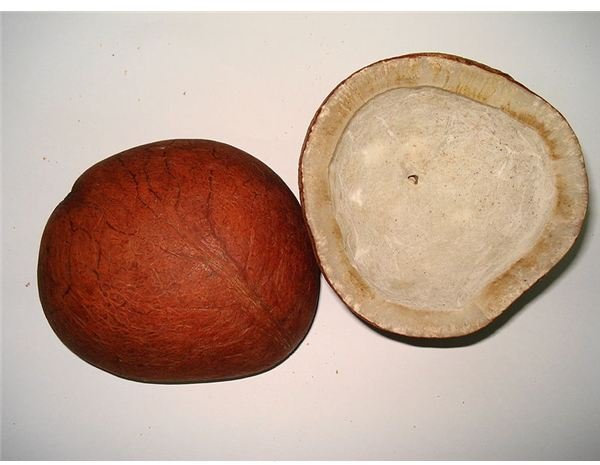Reap the Benefits of Coconut Oil
Cooking with Edible Coconut Oil
People of many races and cultures especially in Asia and the Pacific have been using coconut as a “functional food”, not only for its nutritional properties but also for its healing effects. Although coconut oil is also used for the skin and hair, cooking with edible oil is also a common practice because of its distinct tropical flavor.
Coconut oil is widely used for commercial baked goods, candy and sweets, whipped toppings, nondairy coffee creamers and shortening. It is very heat stable and is suited to different methods of cooking at high temperatures such as frying. Because of its stability it is slow to oxidize and is resistant to rancidity up to two years.
Although it has been believed to be unhealthy because of its high saturated fat content (92 percent), it is now known that the fat in coconut oil is unique from other fats and has recently been considered by some researchers as “the healthiest oil on earth.”
The reason for this is in its saturated fatty acid content which is predominantly medium-chain fatty acids (MCFA). Most saturated and unsaturated fatty acids in many foods and cooking oils such as corn, safflower, soybean, canola and other cooking and salad oils are made of long-chain fatty acids (LCFA). While LCFA are easily deposited in fat cells and can lead to obesity and heart problems, MCFA can lower body mass and help prevent obesity and its complications. This is because MCFA can be absorbed in the gastrointestinal tract, transported to the liver and metabolized without adhering to fat cells. This was shown by previous studies which found that body weight and waist circumference are not significantly increased in people taking MCFA compared to those who consumed LCFA such as olive oil in their diet.
Health Benefits
- Potential agent in preventing obesity - research shows that it increases energy expenditure, promotes satiety, suppresses appetite and decreases food intake
- Good for the heart - MCFA do not have a negative effect on cholesterol and help to protect against atherosclerosis and heart disease
- Stimulates metabolism and improves thyroid function
- Improves absorption of nutrients like calcium and magnesium - helps prevent osteoporosis
- Improves absorption of vitamins (like A, B, D, E and K) and amino acids - helps prevent malnutrition
- May be helpful in preventing liver disease, kidney disease, Crohn’s disease and cancer
- Protective against many infectious illnesses - the antibacterial, antiviral and antifungal activity of its medium chain fatty acids have been widely reported
- Therapeutic effects of MCFA on neurologic disorders - epilepsy, Alzheimer’s
- Improves insulin resistance in diabetic patients
The coconut has been called the tree of life for many reasons. In fact every part of the tree can be utilized for food, clothing, housing and medicine. The nutritional and medical benefits from coconut meat, coconut water, coconut milk and coconut cream are numerous. But the health benefits of coconut oil compared to other cooking oils and salad oils are unique and there is still much to be explored.
References
The American Society for Nutritional Sciences J. Nutr., “Physiological Effects of Medium-Chain Triglycerides: Potential Agents in the Prevention of Obesity”, https://jn.nutrition.org/content/132/3/329.long
AJCN, “Weight-loss diet that includes consumption of medium-chain triacylglycerol oil leads to a greater rate of weight and fat mass loss than does olive oil”, https://www.ajcn.org/content/87/3/621.full.pdf+html
Coconut Research Center, “Coconut”, https://www.coconutresearchcenter.org/
References
- Image: Coconut by Miansari66
